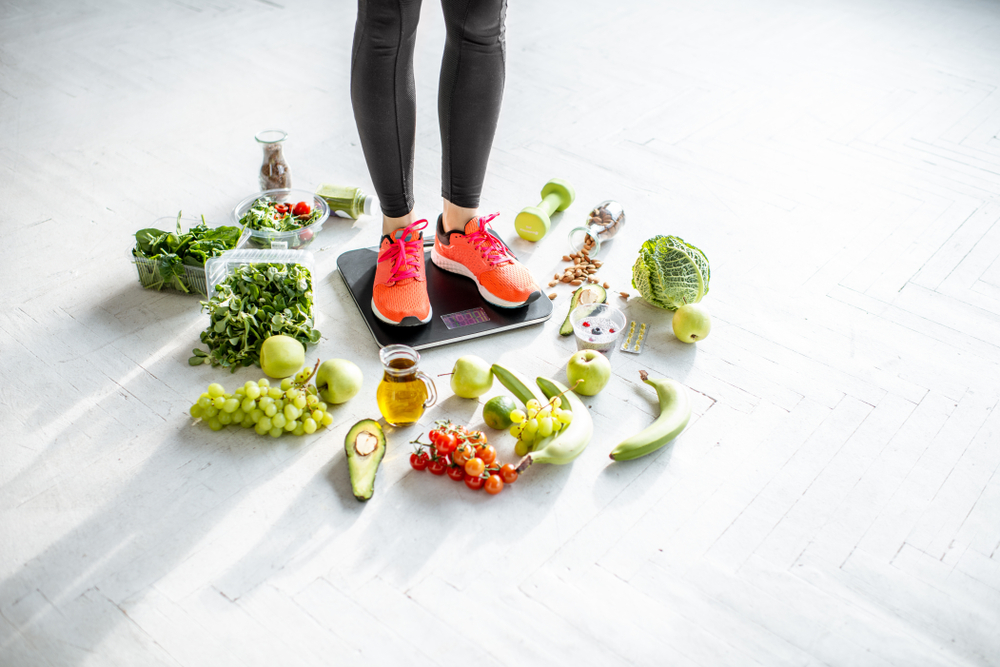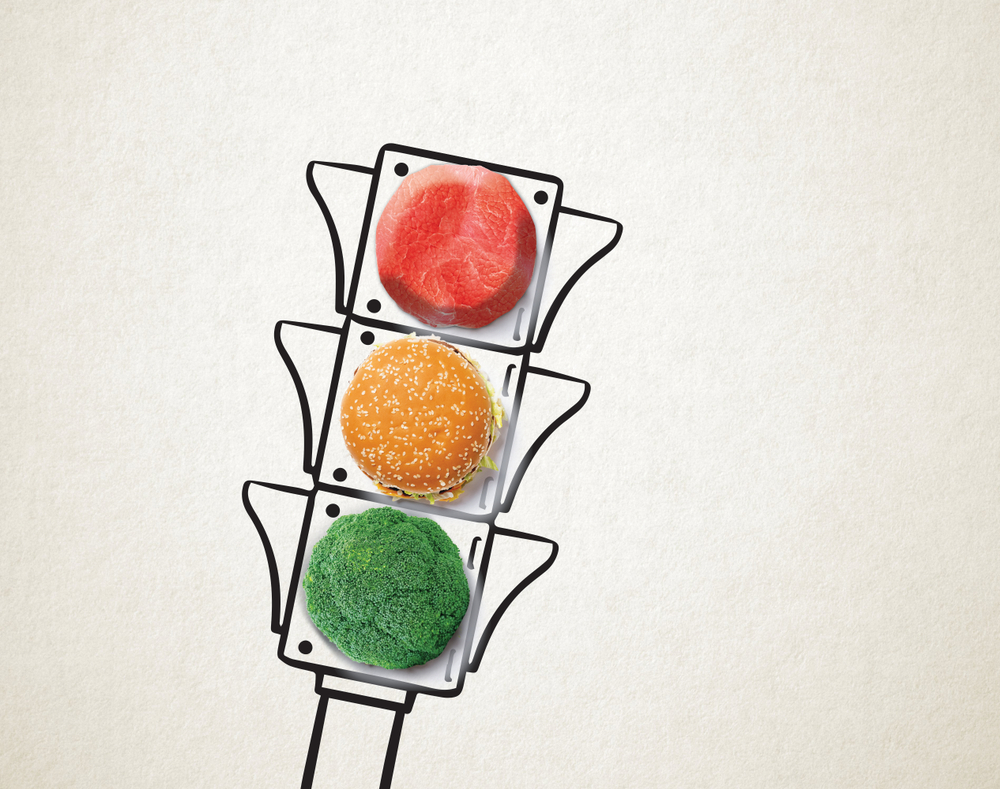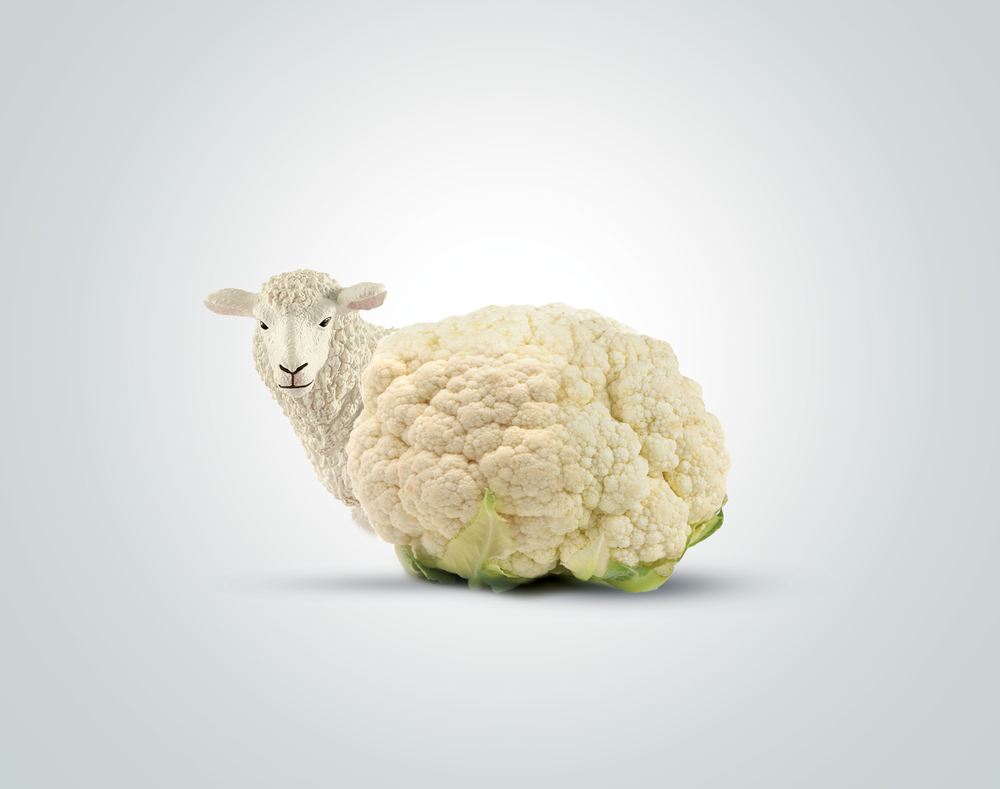A sportsman, to perform, must cover his nutritional needs. It is not always easy to reconcile sport and a vegan diet, but we will see that it is possible!
Top athletes like Carl Lewis (sprinter), John Salley (NBA basketball player), Dave Scott (Tri Athlete), Murray Rose (Australian swimmer), Martina Navratilova (Tennis Champion) and many others, have proven that being a sportsman and Vegan is compatible.
Vegan, the differences
- THE VEGETARIAN: Does not eat any animal flesh (meat, fish, cold cuts, shellfish, etc. ). It consumes eggs, dairy products and honey.
- OVO VEGETARIAN: Does not eat dairy products but does eat eggs.
- THE LACTO VEGETARIAN: Does not consume eggs but does consume dairy products.
- VEGETALIAN: Does not consume any animal flesh or animal products (dairy, eggs, honey), consumes only plants.
- VEGAN: Above and beyond the adoption of a vegan diet (which excludes meat and fish, but also dairy products, eggs and honey), veganism excludes the consumption of any other product derived from animals, their exploitation or tested on them (leather, fur, wool, silk, beeswax, cosmetics and medicines tested on animals or containing animal substances).
Vegan athlete's goal
The objective of the VEGAN athlete will be to replace animal protein with other foods in order to meet his or her needs for protein, iron, vitamin D, zinc and vitamin B12.
Meeting protein needs
The vegetarian athlete must know how to choose and combine foods in order to provide the energy and nutrients essential to his body and his sport.
To provide the body with all the essential amino acids it needs, certain foods should be combined. For example, cereals that do not contain lysine but do contain methionine should be combined with vegetables that do not contain methionine but do contain lysine, this is called a food combination.
Meeting iron requirements
Non-heme iron, found in legumes, whole grains and eggs, is less well absorbed than heme iron, found in meat and fish.
Consume: Vitamin C,in food or as a dietary supplement, allows better absorption of non-haem iron.
Foods rich in iron:such as seaweed, oat flakes, wholemeal flours, lentils, spinach, dried figs, dates, pecans, walnuts, sultanas, wheat germ, pine nuts, parsley, watercress, sorrel, millet and fennel.
A Limit : Foods that decrease iron absorption:Tannins in tea and coffee decrease iron absorption during meals. The fibre in cereal bran also reduces iron absorption.
Meeting vitamin D needs
Vitamin D is involved in the absorption of Calcium and Phosphorus through the intestines, as well as their reabsorption by the kidneys.
For vegans, the options are food supplements and fortified foods and/or sufficient exposure to UV radiation.
The best sources of zinc are meat, fish, oysters and seafood.
For vegetarians, good sources of zinc are cereals, pulses, nuts, seeds (linseed and sesame) and eggs.
Meeting vitamin B12
Vitamin B12, which is essential for the normal functioning of the brain, the nervous system and the formation of blood, is the only vitamin not found in fruit and vegetables, it is only found in animal products.
Vegans will need to supplement with vitamin B12 or fortified products.



